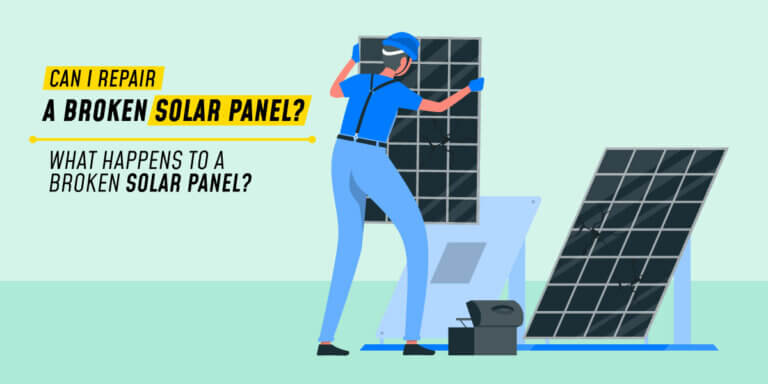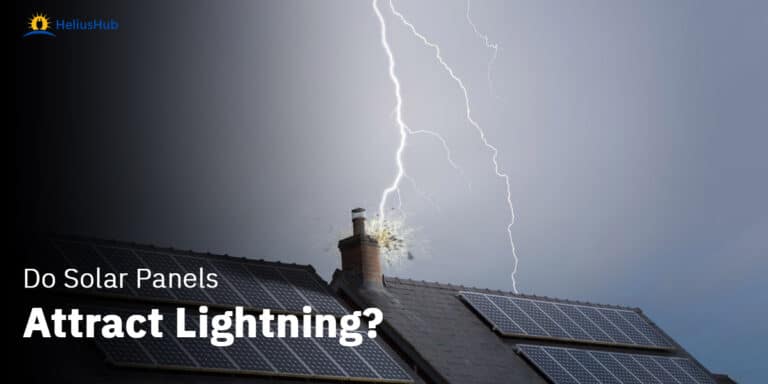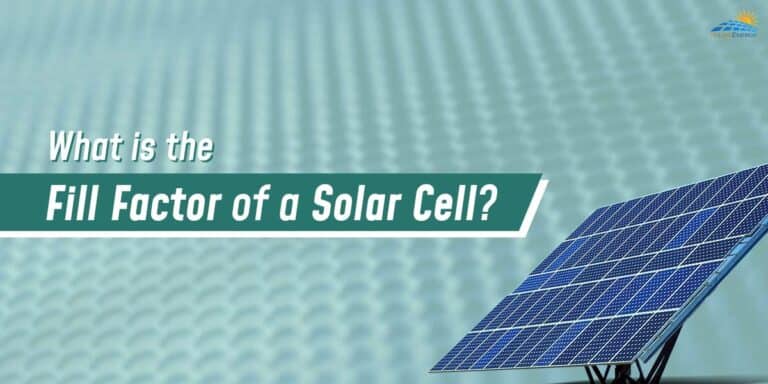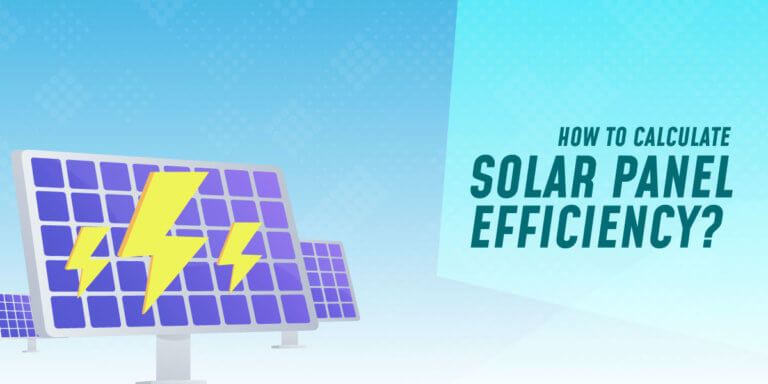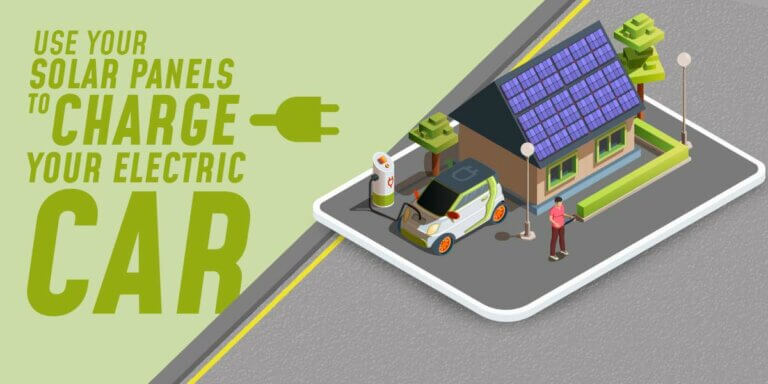Do Solar Panels Work During a Power Outage?
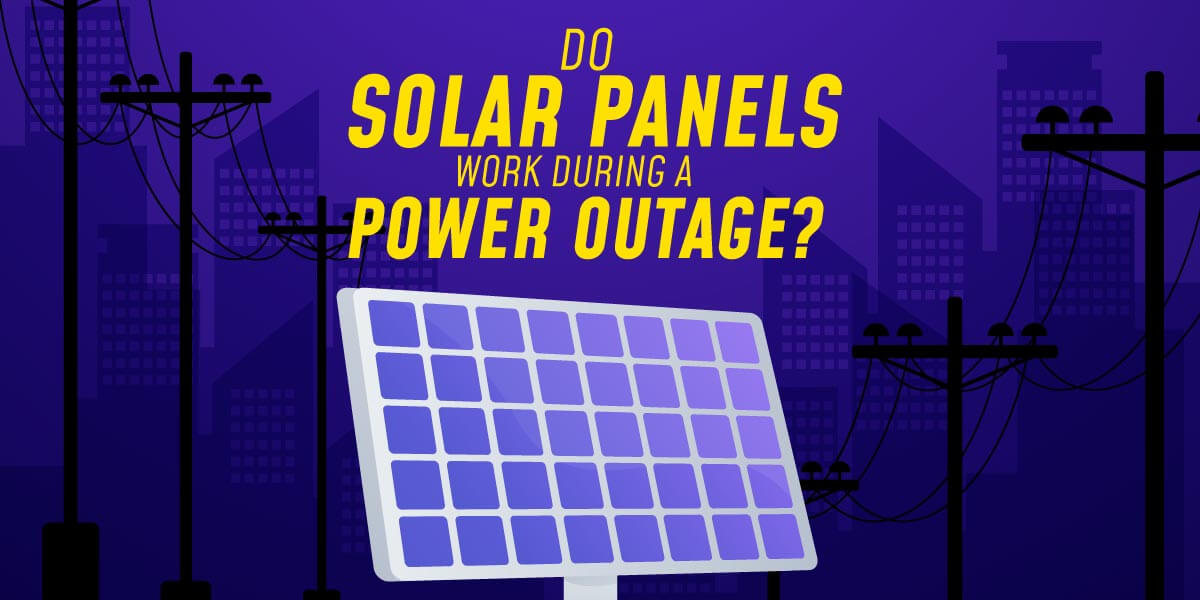
Every time disaster strikes, we start hailing alternate power sources such as solar as the knight in shining armor, even when the whole grid goes down. But did you know solar panels are insufficient to keep the power up and running? You will need a sturdy backup battery storage to keep your power on through an outage. In this article, we shall understand what happens if you have solar panels at home and the power goes out.
Why Do Power Outage Occur ?
One of the most common causes of solar outages is lightning, but you can count on weather-centric occurrences such as rain, heavy winds, snow, or worse, ice to wipe out your neighborhood’s power. A car accident leads to pole or power line damage, which can cause power outages. Did you know your utility company regularly strategizes outages for maintenance? Most unassuming, a tiny squirrel can also wipe out your neighborhood’s power!
But these are still quite regular things that can lead to power outages. If you happen to live somewhere prone to hurricanes or similar natural disasters, you could be out of electric power for days, weeks, or even months. Lately, power outages have been steadily increasing, especially if you are grid-tied. The question is, does solar panels work when power goes out?
Why Won’t My Solar Panels Work During a Power Outage?
The sole requirement of a properly installed solar module is sunlight, so why can you not use that when the grid goes down? This is simply because of how a grid-tied solar system functions- sunlight hits the panel and generates electricity, which passes through the inverter, then turns on your lights and keeps your vegetables fresh in the refrigerator.
If your solar panels produce more electricity than you use, surplus electricity is pushed onto the grid. So, if the grid itself is not working and your solar module still pushes out extra electricity onto the grid, that’s a problem. Utility workers will be working on these same power lines, trying to fix the issue and get the power back up and running, assuming that the lines are dead.
But your solar system’s continuous electricity feed can disrupt the process and cause serious issues. It is in the best interest of the grid and the utility workers that grid-tied solar energy inverters are shut down automatically every time the grid goes down, and there is a power outage.
How to Utilize Solar Panels During a Power Outage
There are primarily 2 ways you can have electricity through solar energy even when the lights go out: installing an off-grid solar system or installing batteries. Let’s see how they work:
1. Battery-Backed Solar Systems
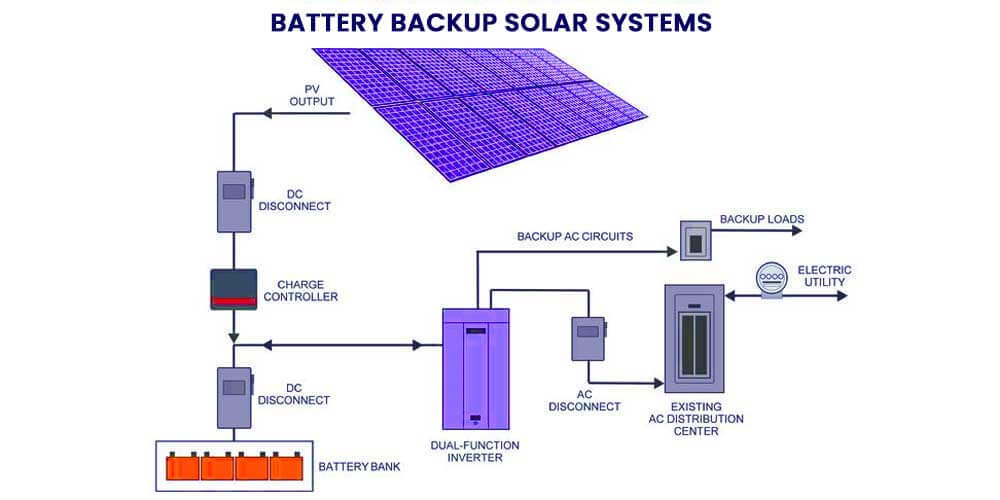
If you are trying to save on costs with solar panels, a grid-tied system is often the fiscally better option. In that case, you must install a battery to provide backup power when the grid is down. Since you won’t need as many batteries as its off-grid counterpart, it will never be as expensive.
Installing one or more solar batteries will let you store unused power generated by your solar module, which can then be drawn without putting utility workers at risk. But this alternative has some limitations: solar batteries lifespan is many number of years , but they can be quite expensive for homes and businesses, substantially driving up solar system costs. A 9.8 kWh battery can cost nearly $15,000 with the installation before incentives. This is why solar installers usually recommend you choose fewer things to be powered during outages, be it emergency lighting, refrigerators, medical equipment, or personal electronics and chargers.
If you want to keep your entire house or business running on batteries, even a few days will cost you a hefty sum! Backup generators can be a cheaper alternative, but they run on fossil fuel, so that will not be the most environmentally conscious decision. For the environment conscious option solar generators are your best bet.
2. Off-Grid Solar Systems
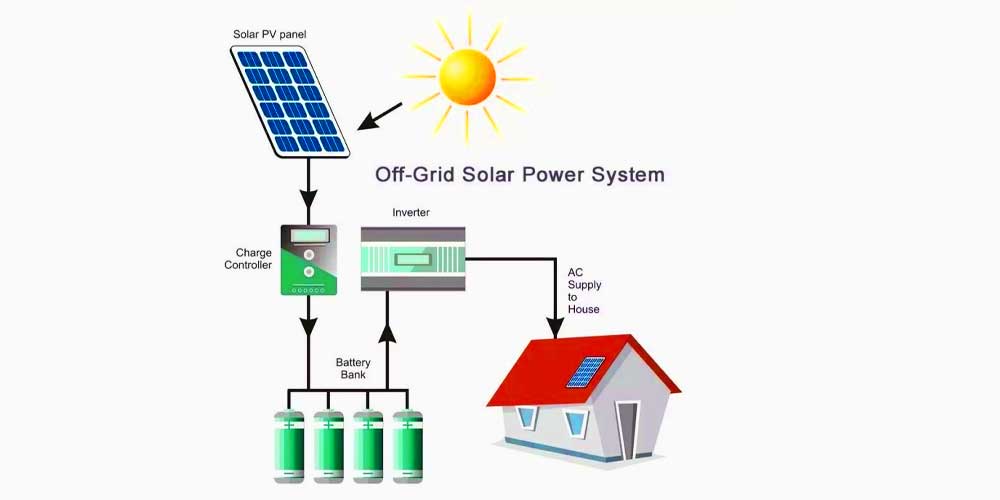
Off-grid solar modules require enough batteries to ensure ample electricity storage to get you through the nighttime and cloudy days. This can make it much more expensive than its grid-tied counterparts. They are rarely a wise investment for most homes and small businesses, especially since it lacks the option to draw electricity from the grid in the unforeseen scenario of your solar system not generating enough electricity and the stored energy running out.
Here’s how off-grid systems triumph: they offer complete energy independence, which means you can use your solar system every time the grid goes down. This is a good option for buildings located in remote areas where grid-tied electricity is not timely available. For a remote cabin, an off-grid system can prove to be worthwhile.
Difference Between Off Grid and Grid Tied System
Your utility generally generates and distributes electricity through electric grids, so if you install a grid-tied solar module, you will be connected to the grid. You can draw grid power from your utility every time your system is not generating energy, and you can send the surplus energy to the grid for credit in several states (net metering).
As for an off-grid system, it is not connected to the utility grid, so the catch is that you will not have access to electricity other than whatever is generated by your solar module and the amount stored in batteries unless an external generator produces something else. The best part is that you will be able to power your home or business if the grid happens to go down.
Most solar energy systems in the United States are partly installed to save on electricity costs rather than self-sufficient independent power sources. For most people, the money they save and the reliability they get from it make grid-tied solar systems worth it. So, a majority of the solar systems in the States cannot generate electricity if the grid goes down.
Conclusion
So, do solar panels work when power goes out? Sure, but only if you have a solar battery backup, external generators, or an off-grid system. In cases of normal grid-tied solar systems, you cannot enjoy the luxury of having power in your home or small business when the entire neighborhood suffers a power outage. If off-grid systems seem out of reach at the moment, batteries are a great alternative!

